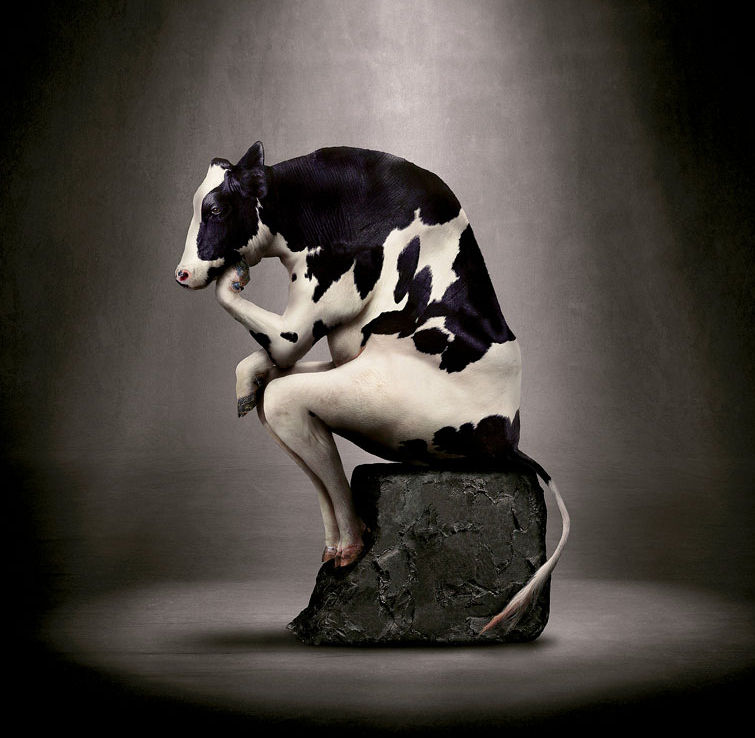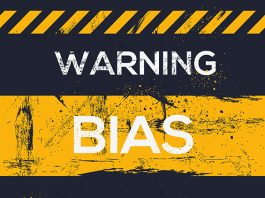Over a decade ago, I was a teacher/mentor for a program a friend and I founded to help students make the transition from the academic world to a potential job with land management agencies like the US Forest Service, the Bureau of Land Management, and the National Park Service. Before heading out to summer-long internships, students participated in a two-week short course where they learned technical and teamwork skills. We also gave them readings to inspire them to think of more than one right answer, and asked them for their own written reflections.
Their first reflection pieces never went well. In fact, they were so bad that we handed them all back to try again. This horrified the students. They thought they had failed. “No,” we said. “We’re giving you a second chance. You all tried to repeat back to us what you thought we wanted to hear…what you thought we would think the answer is. But that’s not the point of these exercises. The point is to learn what you think, what YOU would do, and for you to practice just thinking about that.”

That’s a hard transition…from being told “Here are the answers, now give them back to the teacher,” to “What do I think about this and how does it apply to me?” But the better the students got at it, the more flexible they became in turning problems into solutions and in finding ways of working together with a wide variety of people. I always felt such joy watching them transform.
I remembered this story because last week a reader called me about his problems logging in. He said he’d been reading the three free articles a month, but there was just so much good stuff that now he had become a paid subscriber.
He said, “You and all your authors, you don’t just tell us the answer. You give us things we can think about and try. We’re all different and we do different things, so there isn’t just one right answer. But all this information helps us think.”
Chuck, I couldn’t have said it better myself. In fact, I think there’s a real danger in trying to find THE recipe for grazing and doing just what someone else is doing because they said so. Your answers will be different depending on where you are, and your individual goals.
All I can do is show you the science and principles that make things work and give you resources and examples to add to the treasure trove of your own experience. I hope that it’s helpful. And I hope that, like Chuck, you’ll decide to subscribe. You’ll get 7 new articles a week and access to our archive of over 2,500 articles.*
Thanks for reading! I hope you’re all doing well and staying safe out there!
Kathy
* Today, On Pasture is a free library for everyone to read. But I can’t maintain the site without support from readers. So if On Pasture is helpful to you, please put a little something in the tip jar.





Thanks, Kathy. “How to think” was the “subject” I taught in every teaching assignment I ever had. I affirm the goals of onpasture.com in helping us see possibilities. . . or discover others that none of your writers ever mentioned!
Comments are closed.